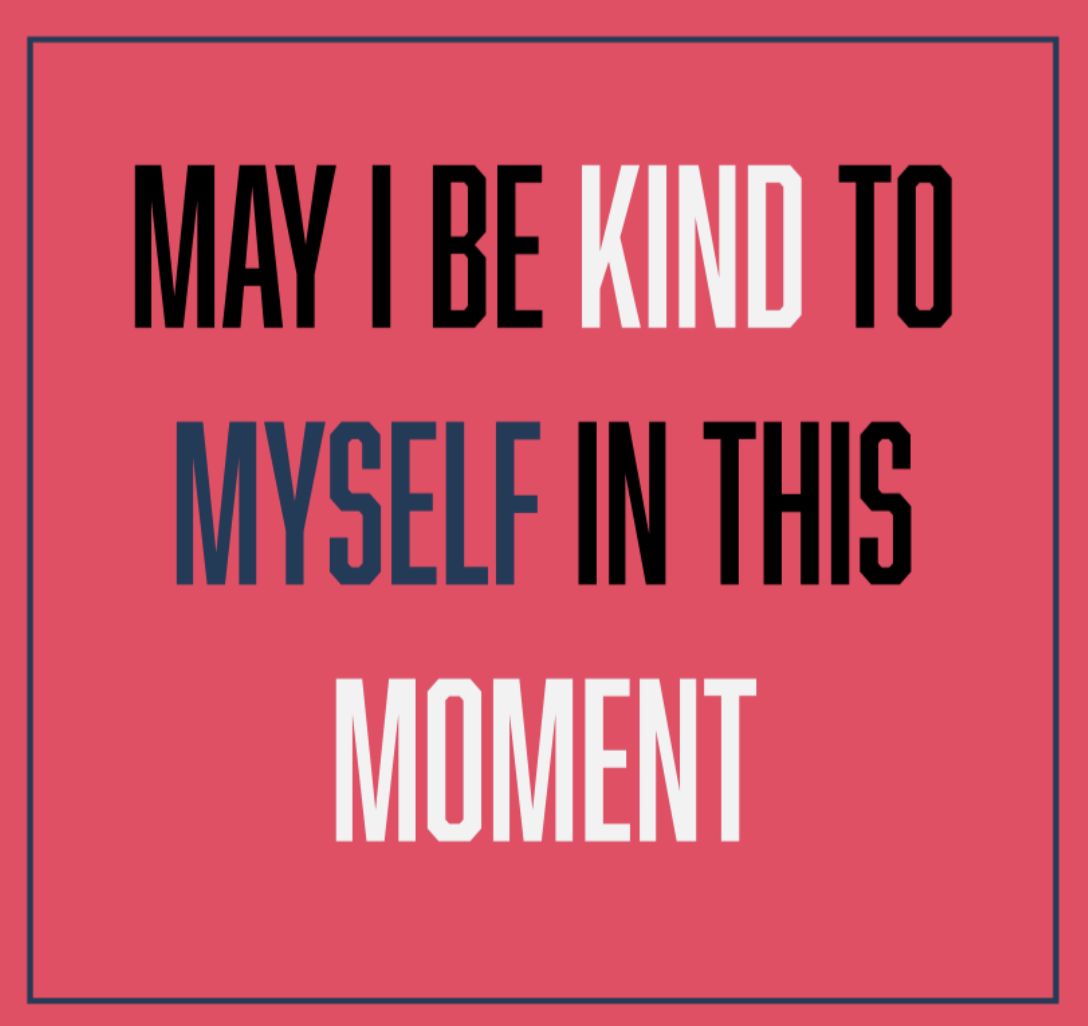When I began blogging, one of very first topics I wrote about was self-care for parents. That’s how important I thought it was.
I believe self-care is even more important today, and over the years it has become prominent in my work with parents. In fact, it’s become a central tenet of my coaching practice. As I often tell my clients, “You cannot take care of your children at the expense of yourself.” Not only will parents who ignore their own needs pay the price physically, mentally and emotionally -- it’s not good modeling for your kids, either.
I define parental self-care as any activity that takes the focus off your children’s needs and puts it squarely on your own. Most of you are familiar with the basic repertoire of self-care habits: healthy eating, exercise, good sleep, journaling, date night, time with friends, therapy, hobbies and meditation, to name a few.
Yet there’s another element of self-care I’ve become convinced is most essential, and that’s self-compassion. Easily overlooked, self-compassion is an exceptionally simple and profound way to reframe your parenting struggles and, perhaps, your very humanity.
It’s not that parents lack compassion - not by a long shot. Since the early days of the pandemic, I’ve heard parents express and demonstrate an abundance of compassion for their children, particularly for the losses, big and small, they’ve had to endure.
Yet I’ve not heard parents express a comparable amount of compassion for themselves about their unavoidable parenting missteps in a world turned upside down by a global pandemic. Just the opposite, in fact. There’s far too much “comparison parenting” going on, as well as over-worry about our choices and what others might think about them. Too often I hear parents being uber-critical of themselves (“I’m a terrible mom!” or “I should never have done / said that to my child.”).
In situations like these, it’s important to remember it’s not the parenting mistakes you make -- it’s how you repair them. When you apologize to your child after a blowup, you’re actually letting them see you as an imperfect human willing to be vulnerable, which gives them a shot at seeing themselves that way, too. Besides, when we beat ourselves up for parenting mistakes, we simply compound the original problem. Best to put our energy into what we can learn about our kids and ourselves.
One definition of self-compassion that’s popular is “learning to treat yourself with the same kindness and consideration that you would a good friend.” For parents, though, I think a more potent definition is to treat yourself with the same kindness and consideration that you would your child. Imagine how it might feel if you started talking to yourself with that same soft-spoken understanding, care, acceptance and love. That’s self-compassion.
According to self-compassion’s foremost researcher, Kristin Neff, PhD, Associate Professor at the University of Texas at Austin, self-compassion involves three main components: self-kindness, a sense of common humanity, and mindfulness.
From a parenting perspective, here’s what that looks like:
Self-kindness. This is simply being as kind to ourselves about our parenting mishaps as we are to the friends who call us looking for support about theirs. Self-kindness is taking a soft view of our efforts, knowing that being a loving, supportive presence for our kids (and ourselves) is what matters most of all. It’s accepting that there is no way to be a perfect parent; some days, being a “good enough” parent is good enough.
Common humanity. There’s genuine relief in knowing that being a parent is difficult for everyone -- even parenting coaches! Every parent makes mistakes or feels they mishandled an important event in a kid’s life. Embracing those difficulties and our inadequacies, rather than avoiding them, is essential to rebuilding our resilience and restoring our hope. Recognizing our common humanity helps us turn “The way I handled that proves I’m the worst parent ever” into “Next time that situation arise, instead of doing X, I’ll try Y.”
Mindfulness. When we’re mindful, we make a decided effort to catch ourselves in negative self-talk about our parenting, and then consciously bring our attention back to our breath so we can think and act more in alignment with our parenting values. Plus, mindfulness offers a chance to gain perspective about what we can control -- and what we need to let go of.
Self-compassion isn’t usually a struggling parent’s go-to, but it’s an essential skill we can learn if we practice it. The best part about it is that we’ll always have a wise and empathetic friend at the ready and at our side -- ourselves!
I like to think of self-compassion as a deep breath for the soul. My advice? Take them as often as you can.

